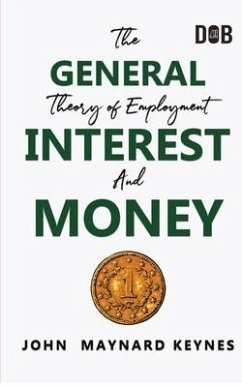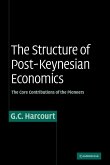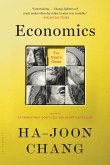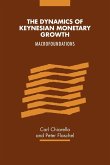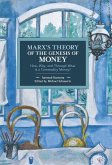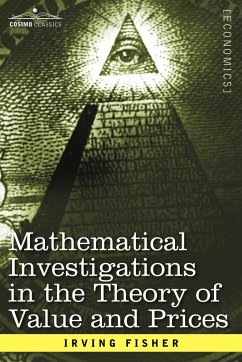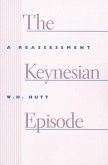The General Theory of Employment, Interest and Money of 1936 is a book by English economist John Maynard Keynes. It caused a profound shift in economic thought, giving macroeconomics a central place in economic theory and contributing much of its terminology - the "Keynesian Revolution". It had equally powerful consequences in economic policy, being interpreted as providing theoretical support for government spending in general, and for budgetary deficits, monetary intervention and counter-cyclical policies in particular. It is pervaded with an air of mistrust for the rationality of free-market decision making. Regarded widely as the cornerstone of Keynesian thought, this book challenged the established classical economics and introduced new concepts. It remains a relevant topic of debate to this day, perhaps more than ever. Given the economic turmoil of recent years, this debate is more heated than ever, between the Keynesian model of economics of Bush and Obama which favors bailouts and other government intervention to try to stabilize the market, and the Austrian school of economics which sees government intervention as detrimental and favors letting the market sort itself out on its own with minimal government interference.

